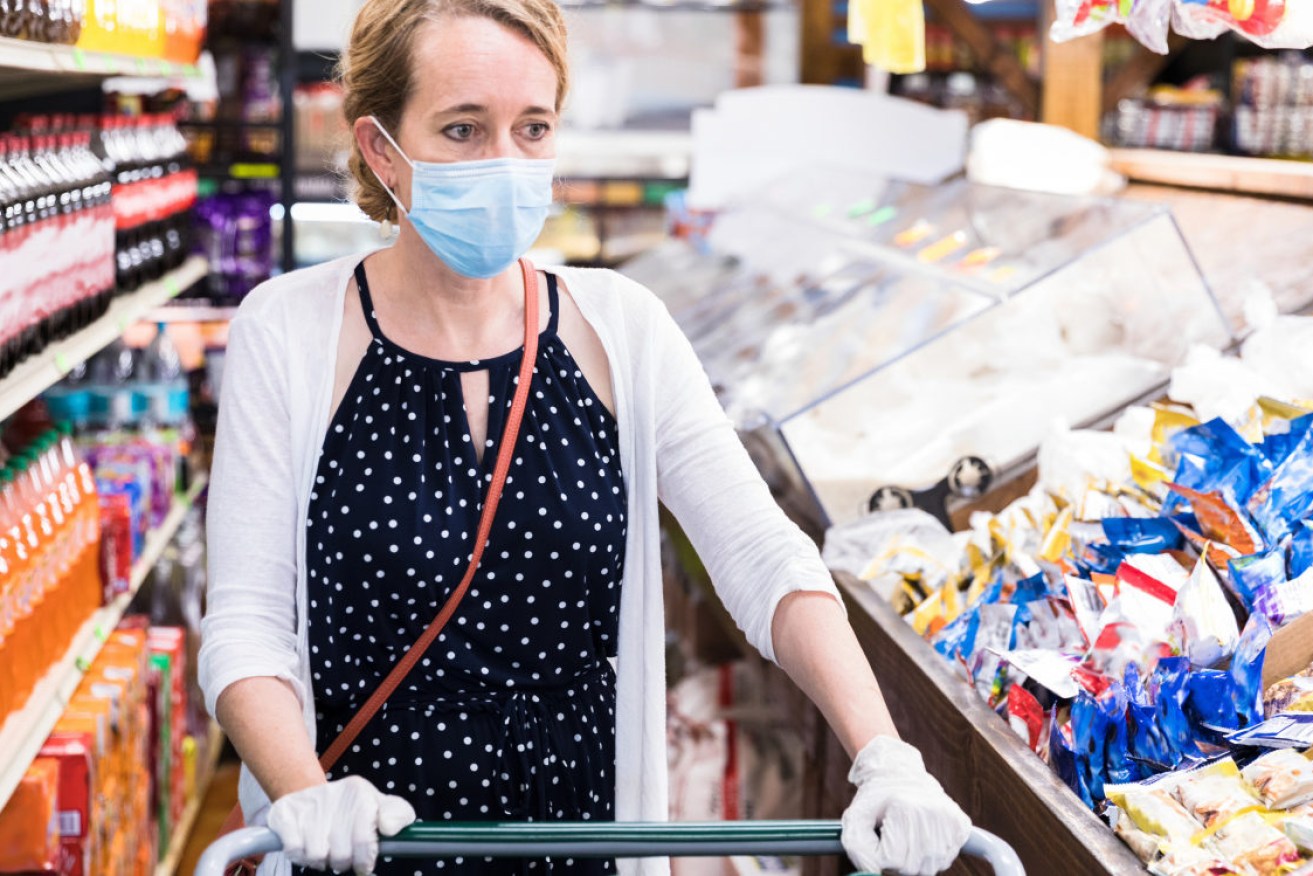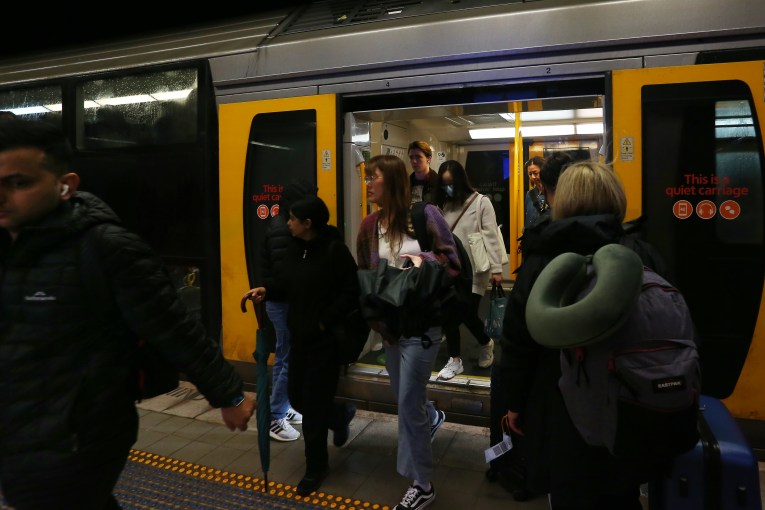The rise of the ‘anxious consumer’: How the coronavirus pandemic ruined ‘retail therapy’


From browsing books to trying on clothes, shopping has long been a favoured pastime for many Australians. Then the coronavirus pandemic happened.
Despite Australia’s success in containing COVID-19, many consumers remain fearful of returning to retail spaces, data from the Australian Bureau of Statistics shows.
COVID-19 has triggered an e-Commerce boom, with one third (33 per cent) of Australians preferring to do more shopping online than before the start of the COVID-19 pandemic according to the ABS’ Household Impacts of COVID-19 November survey.
The size of a bricks-and-mortar store matters too, with two in five (40 per cent) of shoppers surveyed by the ABS reporting they were uncomfortable or very uncomfortable with shopping at a large complex or mall because of COVID-19.

Associate Professor Jana Bowden says the pandemic has fuelled consumer anxiety.
The ‘anxious consumer’
The threat of COVID-19 has seen the pleasures of ‘retail therapy’ replaced by ‘retail anxiety’, consumer psychologist and Macquarie University associate professor of marketing Jana Bowden told The New Daily.
The pandemic has transformed what was once considered a relaxing, enjoyable outing into one that feels risky for many shoppers.
We’ve been put into a mentality in 2020 where we’re basically constantly anxious,” Dr Bowden said.
“I term this the rise of the anxious consumer, and my viewis this underlying anxiety and stress is going to say into next year, it’s not going to change.”
The pandemic has “changed the consumer mindset and the psychology of the consumer” when it comes to shopping.
“It’s taken retail therapy, which used to be relaxing, browsing, having chats, and touching everything in sight, and turned it into retail anxiety,” Dr Bowden said.
While shopping was previously a a “hedonic, experiential or social thing” it has now become a “pragmatic, risk infused thing”, she explained.
“There’s residual anxiety. It’s an undercurrent in your mind when you go shopping.”
Small, local shops viewed as safer option
While the supermarket giants have been among the biggest winners from the pandemic, some shoppers have turned away from the chains and opted to support their local grocery and corner stores instead.
When it comes to ‘in-person’ rather than online shopping, consumers are most comfortable visiting a small local store, and least comfortable visiting a large mall or shopping complexes, the ABS found.
Nearly nine in ten (86.9 per cent) of survey respondents said they were comfortable shopping in-person at a local or corner store followed by a petrol or service station (83.7 per cent), a medium sized complex with few stores (77.9 per cent), markets with stalls (61 per cent), and a large complex or mall with many stores (58.8 per cent).

Fears of crowding are keeping people away from big shopping spaces, Dr Bowden said.
“Consumers are basically super hyper aware of the impact of social distancing,” she said.
“This presents a conundrum when we’re thinking about this Christmas sales period and the lead-up to the Boxing Day sales.
For the first time in our history we’ll be thinking twice about whether or not we rush in store to beat the crowds to sales tables.”
Lapsed COVID-safe practices and hygiene standards are also causing concern.
There is a creeping “complacency” in relation to COVID-safe practices, with some consumers not adhering to rules such as using hand sanitiser before entering a store, which is particularly evident in large shopping centres where there is less oversight from staff, Dr Bowden said.
“Consumers are also concerned about retailers and whether or not they’re actually still enforcing COVID safe practices like they were before,” she said.
On a positive note, consumers’ desire to avoid crowds coupled with a surge in ‘community spirit’ comes as a boon to local businesses.
“Hyper-local shopping behaviour will grow this year and into 2021, with consumers much more interested in shopping local and buying local,” Dr Bowden said.
“The first reason is there is this community spirit thing that’s happened this year. where we view ourselves as being in it together and people want to support their local businesses and keep them alive.
“The second aspect is that local stores obviously have less people into them and less density, and they’re perceived as being a safer locale for shopping.”








